10 Everyday uses of Biotechnology
Industrial Biotechnology uses enzymes to make bio-based products like chemicals, ingredients, detergents, materials and biofuels.

Corporate Communications Manager
(she/her)

What is industrial biotechnology? Is it a complicated process? Is it something to do with enzymes, modules or bugs?
What if I told you all the above is true and what if I told you industrial biotechnology is applied to the many products that are in your home and you use on an everyday basis. Specifically, industrial biotechnology uses enzymes and micro-organisms to make bio-based products in sectors such as chemicals, food ingredients, detergents, paper, textiles and biofuels.
Industrial biotechnology is one of the most promising technologies around; it has the potential to address some of the world’s greatest challenges, such as feeding a growing population and offering new alternatives to our scarce natural resources. Although there is a long way to go, if industrial biotechnology reaches its full potential it has the potential to impact the world.
Biotechnology is not a new concept; traditional products like bread, beer, cheese, wine, and yoghurt all make use of natural processes. In the 1800s, Louis Pasteur proved that fermentation was the result of microbial activity. Then in 1928, Sir Alexander Fleming managed to extract penicillin from mold. In the 1940s, large-scale fermentation techniques were developed to make industrial quantities of this wonder drug, but it wasn’t until after the second world war, that the biotechnology revolution began, making way to modern industrial biotechnology as we know today.
Since that time, industrial biotechnology has produced enzymes for use in our daily lives and for the manufacturing sector. In the main, industrial biotechnology involves the microbial production of enzymes, which are specialised proteins. These enzymes have evolved in nature to be super-performing biocatalysts that facilitate and speed-up complex biochemical reactions. These amazing enzyme catalysts are what make industrial biotechnology such a powerful technology.
Below are 10 ways industrial biotechnology is in our homes.
Alcohol production is one of the most basic applications of industrial biotechnology. For instance, beer is made from water, a starch source such as barley, brewer’s yeast and a flavouring such as hops. The starch in the barley must be converted to sugar by enzymes (which are activated when the barley is malted) then fermented (the brewer’s yeast metabolises the sugars to produce alcohol and carbon dioxide). Enzymes and microbes are two common tools used in industrial biotechnology.
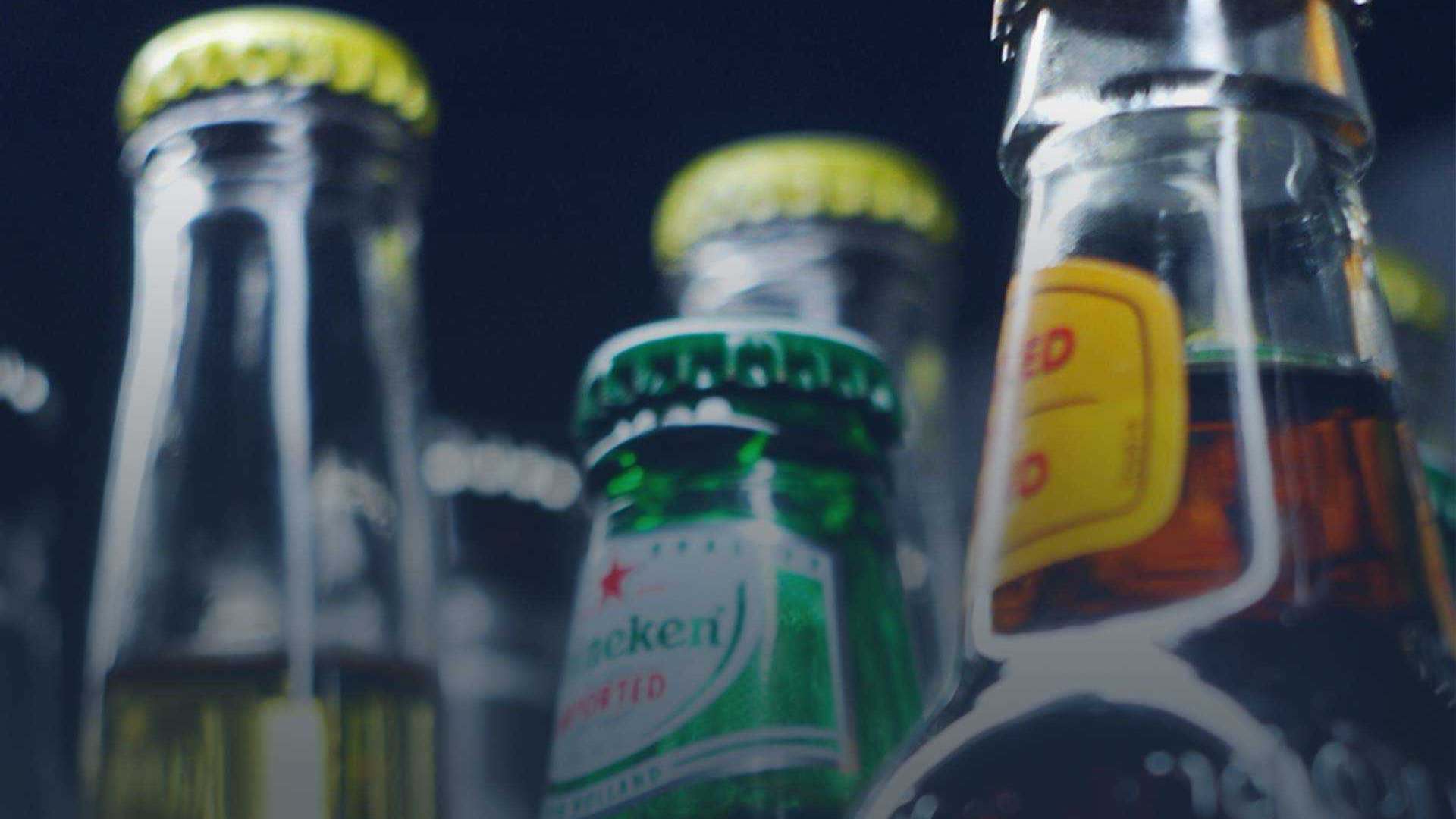
First generation biofuel is produced by fermenting plant-derived sugars to ethanol, using a similar process to that used in beer and wine-making, or by converting plant-oils to biodiesel. It requires crops such as sugar cane, corn, wheat, oil seed rape or sugar beet. Biofuels such as bio ethanol and biodiesel are blended with petrol and diesel to meet legislation on greenhouse gas emissions. Blending bio fuels into road transport fuel can reduce their carbon impact. The fuel quality directive allows for up to 10% ethanol to be blended into petrol. Reducing the carbon footprint by producing aviation fuel from bio-based feedstocks is also heavily in development, with biorefineries being constructed to produce low-carbon alternative fuels to fossil-derived jet fuel.
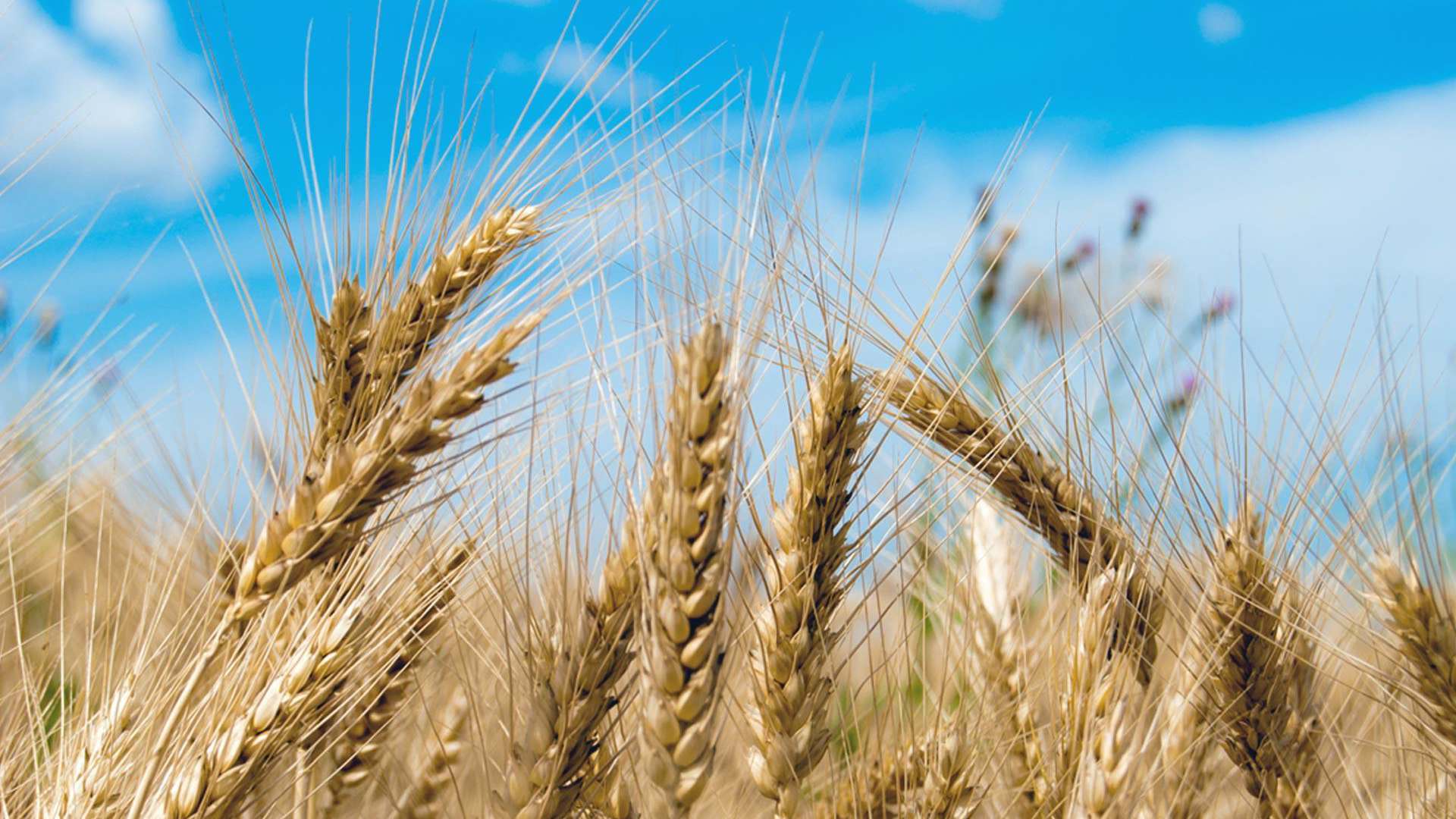
Such products come either directly from cells, or are made using enzymes taken from cells. In a way, cells are biofactories, with production lines of enzymes (workers) assembling our desired product. We can either use the whole factory or just specific workers to produce what we want, i.e. whole cells or isolated enzymes.
In addition to using them as tools to make biotech products, cells and enzymes can also be biotech products themselves. For instance: probiotic yogurts and non-soya veggie burgers contain microbial cells; and enzymes are used in washing detergents, food processing, cosmetics and much more.

Traditionally, the industrial sugar used for microbial fermentation is extracted from cereal crops, however only a small proportion of the crop is used, as the majority of sugars are inaccessible to traditional processes. The remaining fraction is known as lignocellulosic biomass and is generally discarded. Development is ongoing to access the sugars locked up in waste-derived feedstocks such as agricultural residues, forestry residues and post consumer waste.
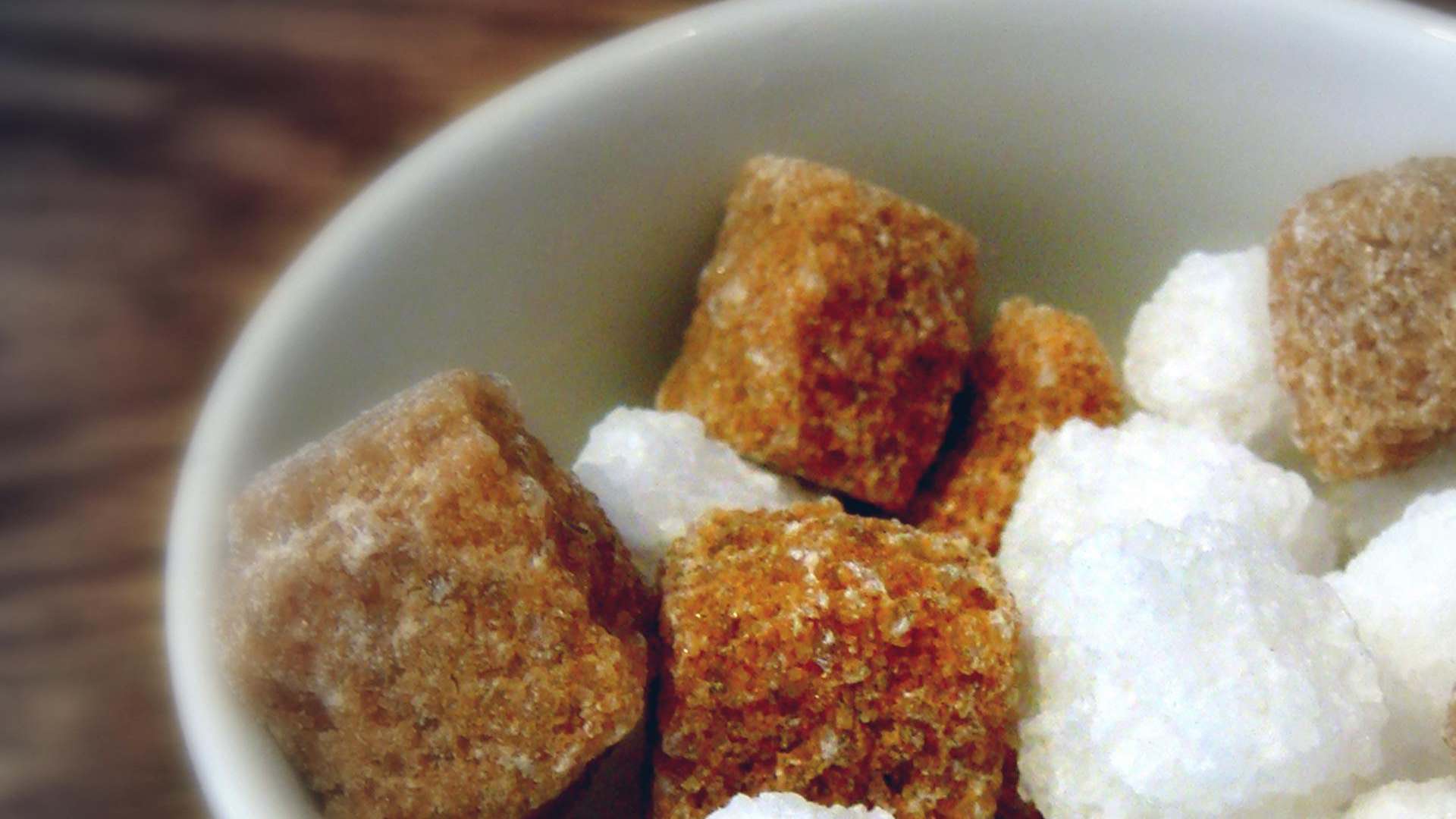
Bioplastics, made from biopolymers are already utilised in plastic food packaging, mobile phone cases, sunglasses, pens and personal care packaging for products such as shampoos and conditioners. CPI is investigating other potential applications for products such as Dyson vacuum cleaners.
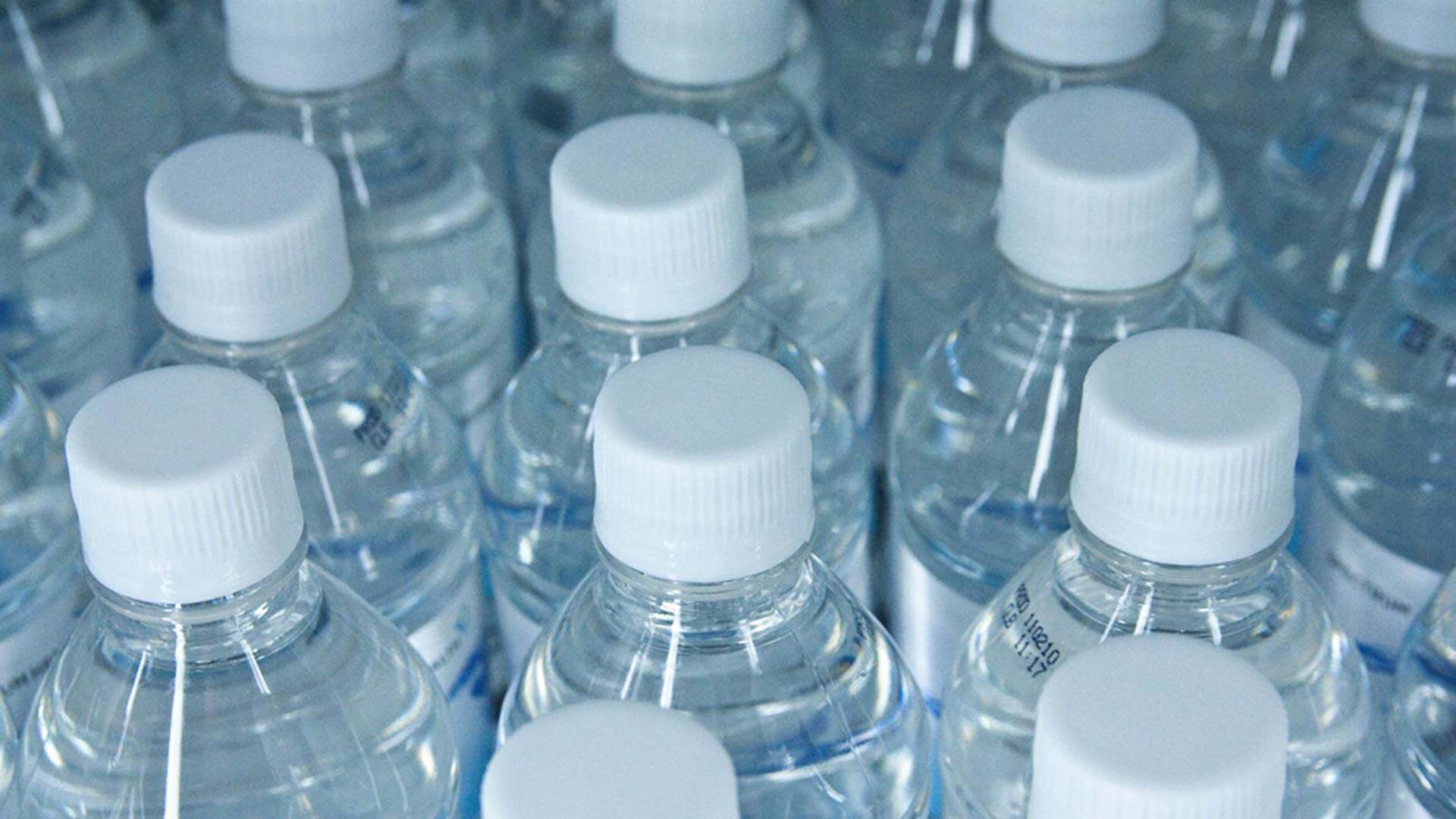
Fabrics have been in use for most of this century and the fermentation vat is probably the oldest known dyeing process.
Polyester is a synthetic polymer fiber produced from fossil fuel and is used to make clothing, blankets, carpets, and other fabrics. Many biochemicals are also used in the production of dyes, tanning agents, nylon and polyester, all of which are vital materials in the production of textiles for carpets, clothing and upholstery.

In the future, many different consumer products will contain materials derived from bio-based feedstocks. Biochemicals may also be utilised in processes to formulate personal care products such as make up, shampoos and skin care. Extracted Cellulose Fibres are absorbent and tough, and can be extracted from raw materials for use in composites as a replacement for glass, and in many applications where absorbency is needed, such as use in nappies, cat litter and sanitary products.
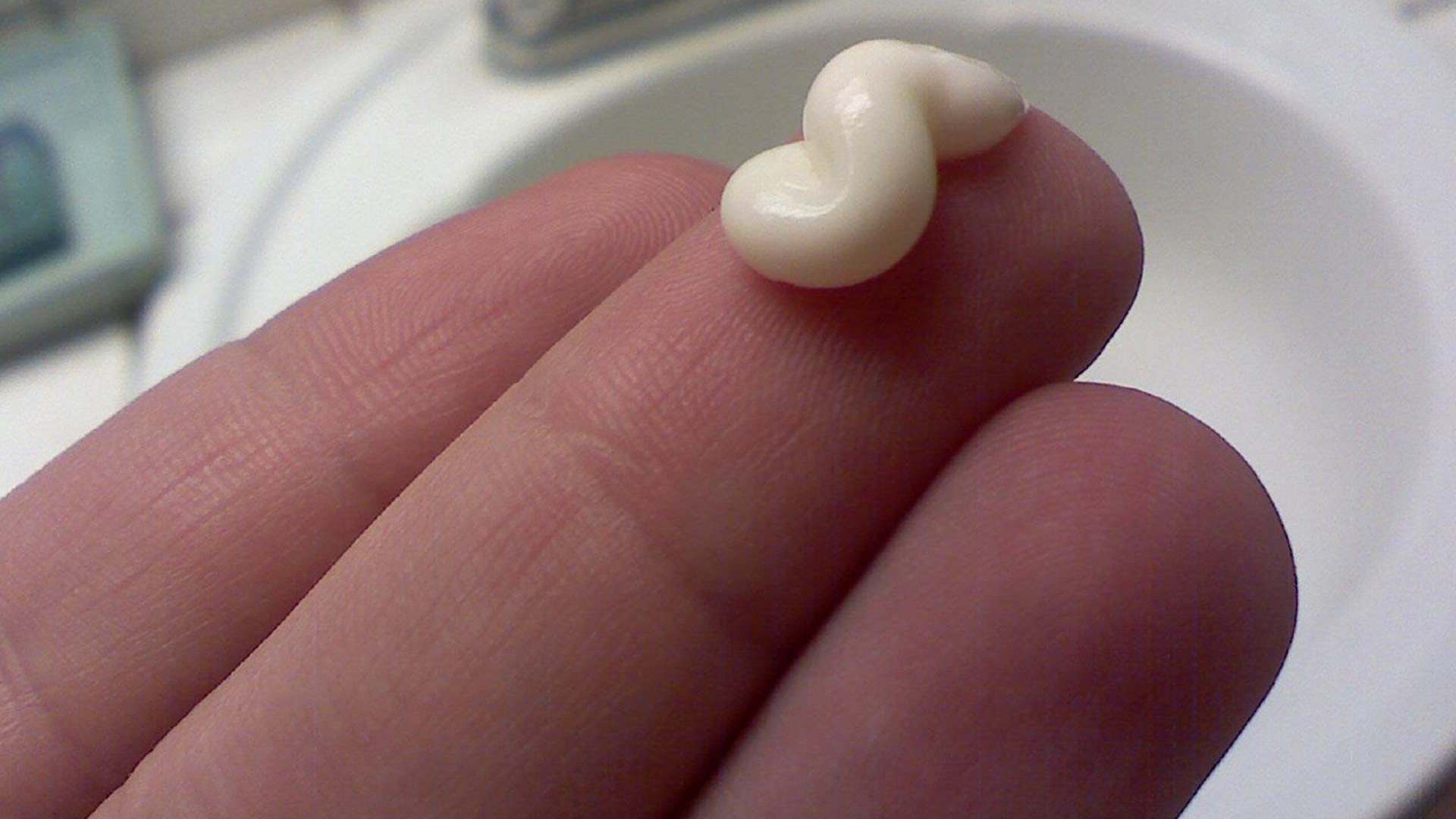
Gas from biorefineries can be combusted to produce heat and power. Methane can be directly injected in the gas grid to heat homes and produce electricity. A biorefinery will produce enough energy and heat to cover its own parasitic load and also be a net exporter to the grid.
Energy can also be produced from algae as a biofuel. Algae uses photosynthesis to grow oil rich algae in controlled conditions. Fluctuating oil prices, global reliance on fossil fuels and agricultural chemicals have ignited interest in farming algae. Algae can grow in areas that are not suitable for agriculture and therefore don’t impact on food crops. CPI is working on projects to allow the biomass from the algae to be recycled and used to produce a wide variety of products such as bioethanol, biopharmaceuticals, biogas and compost for crop production.

The food and drink industry uses many products that can be produced using biochemicals — from bioplastics which are now widely used for packaging in supermarkets to flavours, fragrances, sweeteners, souring agents and acidity regulators which are used in a wide range of food products.
Biorefineries can also extract neutraceuticals such as dietary supplements and herbal products, and specialist chemicals can even be used to help ripen fruit ready for sale.
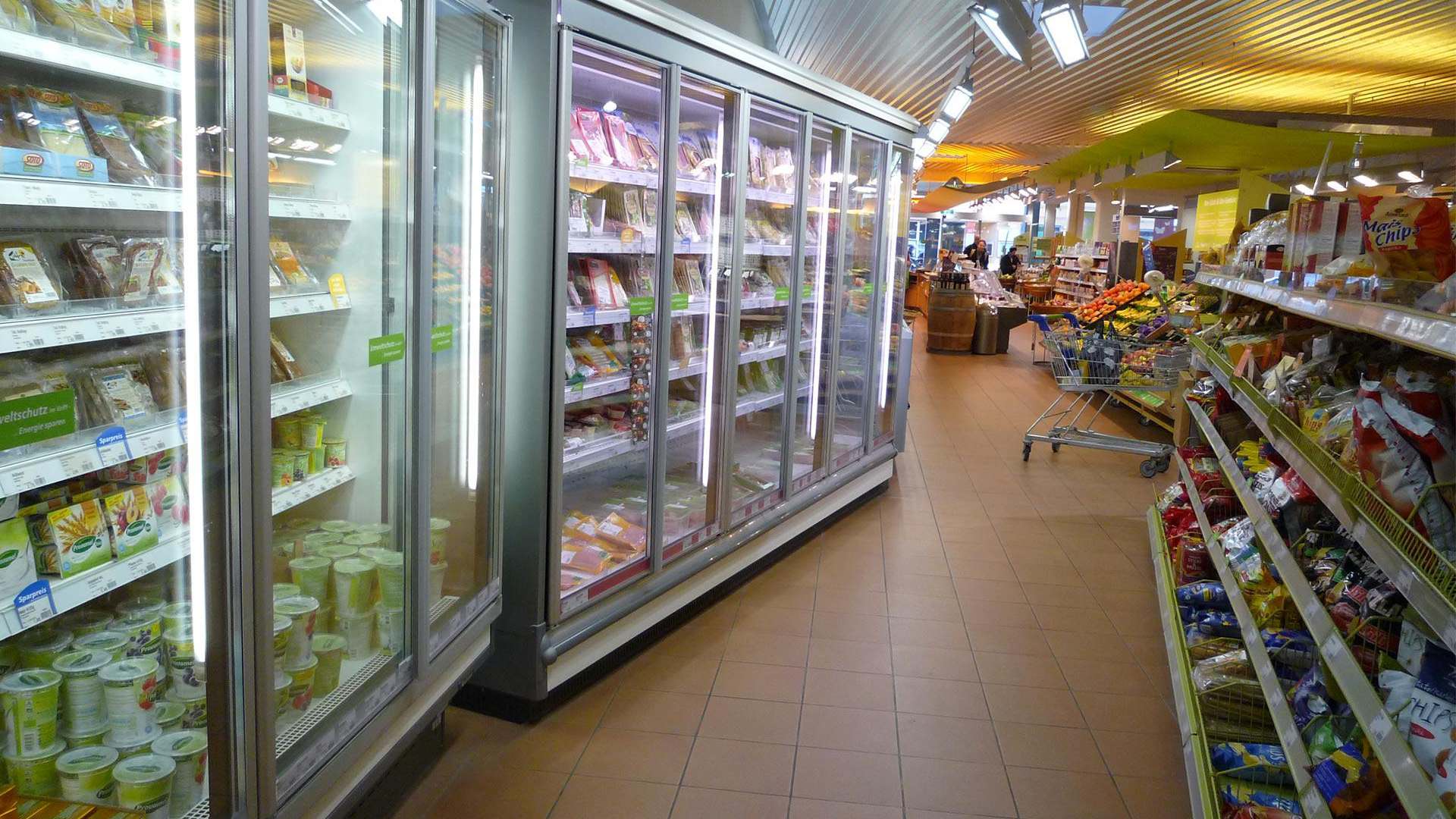
Industrial Biotechnology can present a significant opportunity to develop medicines that have been difficult to produce via other means due to purity issues. Bio-processing can be used to develop new pathways to convert low cost feedstocks into high value products, including active pharmaceuticals and their intermediates.
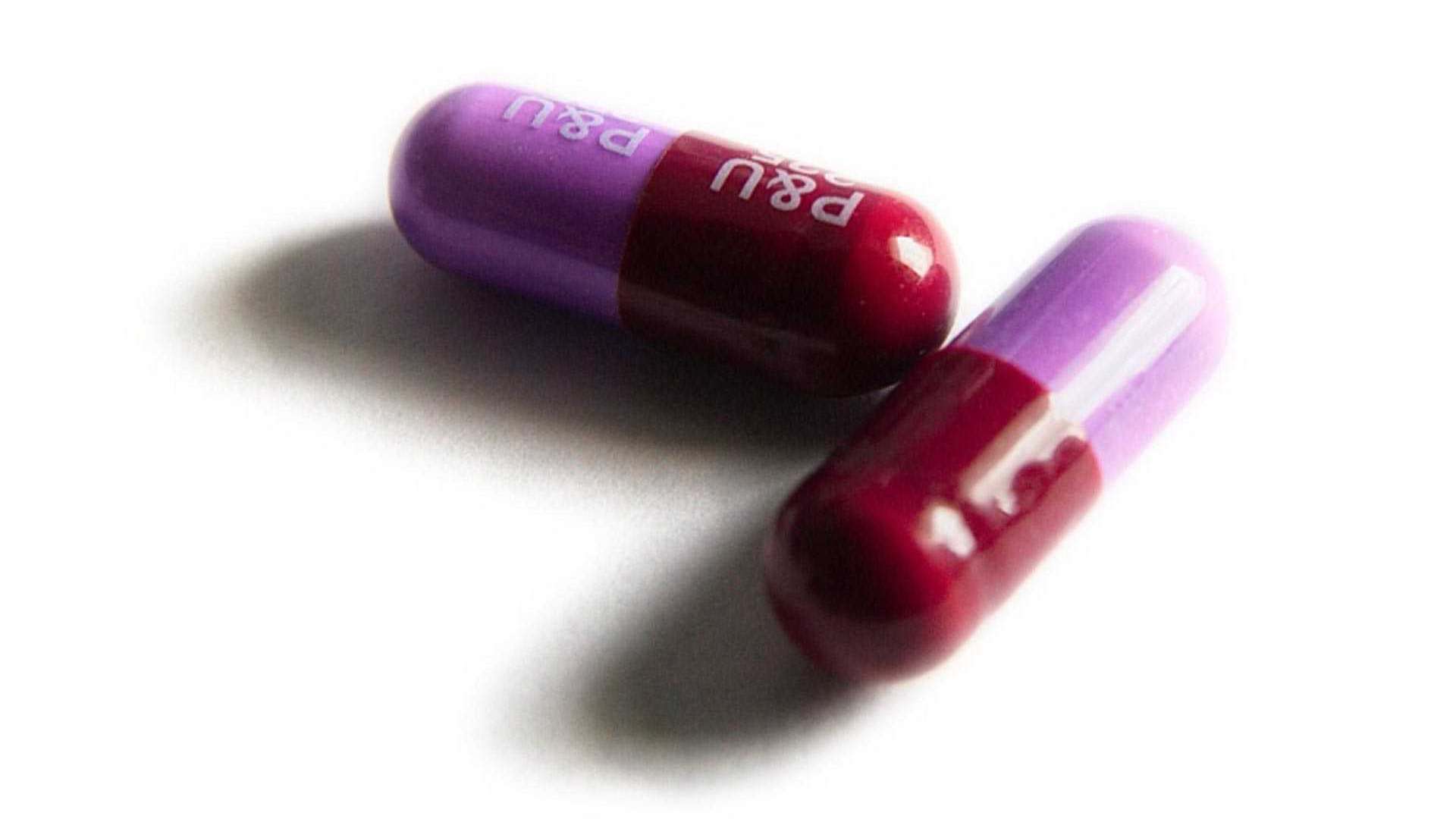
If this list is meant to do one thing and one thing alone, it should make you realise how important industrial biotechnology is, not only in our everyday life but also in improving the way we live. The technology is constantly evolving along with our economic landscape, with CPI’s National Industrial Biotechnology Facility we have already seen many companies commercialise products through pure biotechnology and with the recent opening of our C1 gas facility we hope to see many more take this exciting route to a sustainable economy.
Enjoyed this article? Keep reading more expert insights...
CPI ensures that great inventions gets the best opportunity to become a successfully marketed product or process. We provide industry-relevant expertise and assets, supporting proof of concept and scale up services for the development of your innovative products and processes.